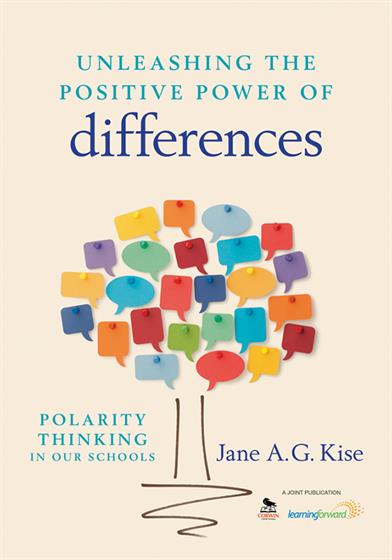Hands-on, Practical Guidance for Educators
From math,
literacy, equity, multilingual learners, and SEL, to assessment, school counseling,
and education leadership, our books are research-based and authored by experts
on topics most relevant to what educators are facing today.

Unleashing the Positive Power of Differences
An illuminating book shows how school leaders can effectively use polarity thinking—a powerful tool for bridging differences—to resolve contentious debates on education reform.
- Grade Level: PreK-12
- ISBN: 9781452257716
- Published By: Corwin
- Year: 2013
- Page Count: 288
- Publication date: November 05, 2013
Review Copies
Other Titles in: Conflict Resolution for Adults | School Change, Reform, & Restructuring | School Culture & Climate


